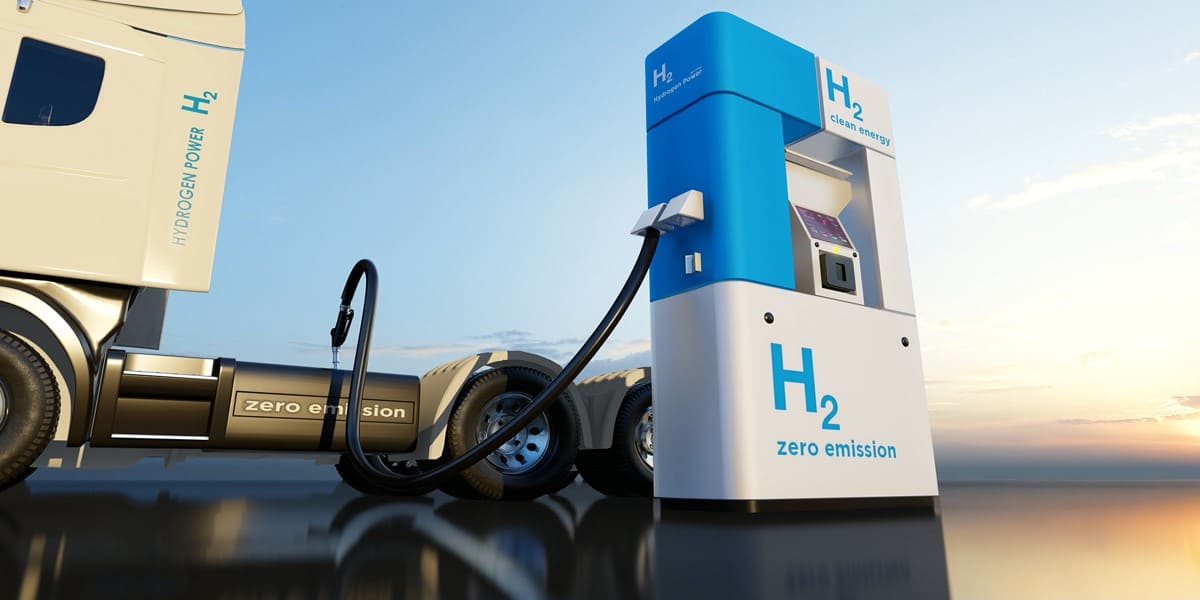Hydrogen Fuel
Doodlebrary
Hydrogen fuel is a type of alternative fuel that is gaining attention for its potential to address some of the environmental and energy challenges we face today. It is called “hydrogen fuel” because it uses hydrogen gas (H2) as its energy source. Hydrogen is the most abundant element in the universe, but it is rarely found in its pure form on Earth and must be extracted from compounds like water or hydrocarbons.
Here are some key points about hydrogen fuel:
- Production: Hydrogen can be produced through several methods, including steam methane reforming (SMR), electrolysis, and biomass gasification. The most common industrial method for hydrogen production is SMR, which uses natural gas as a feedstock. Electrolysis, on the other hand, uses electricity to split water into hydrogen and oxygen.
- Clean Energy: Hydrogen is considered a clean energy carrier because when it is used in fuel cells to generate electricity, the only byproduct is water vapor. This makes hydrogen a promising option for reducing greenhouse gas emissions and air pollution, particularly in applications like transportation and power generation.
- Transportation: Hydrogen can be used as a fuel for various transportation modes, including cars, trucks, buses, and trains. Hydrogen fuel cell vehicles (FCVs) are becoming more common, and they offer the advantage of quick refueling and longer driving ranges compared to electric vehicles with batteries.
- Energy Storage: Hydrogen can be used as a means of energy storage. Excess electricity, often generated from renewable sources like wind and solar, can be used to produce hydrogen through electrolysis. This hydrogen can be stored and later used to generate electricity or power vehicles when energy demand is high.
- Challenges: While hydrogen has many advantages, there are also challenges associated with its use. These include the cost of production, transportation, and storage of hydrogen, as well as the need for a cleaner and more sustainable method of hydrogen production. Additionally, hydrogen is not as energy-dense as some other fuels, which can make it less efficient in certain applications.
- Infrastructure: Building a hydrogen infrastructure, including production, distribution, and refueling stations, is a significant challenge. It requires substantial investment and coordination between government, industry, and stakeholders to make hydrogen more widely available.
- Applications: Besides transportation, hydrogen fuel is used in various industrial processes, including refining, chemical production, and metal processing. It can also be used for backup power systems and as a portable power source in remote or off-grid locations.
Hydrogen fuel is considered a promising component of the future energy mix, especially in a world that is seeking cleaner and more sustainable energy solutions. However, its widespread adoption depends on overcoming technical, economic, and infrastructure challenges, as well as ensuring that hydrogen production is environmentally friendly and energy-efficient.
